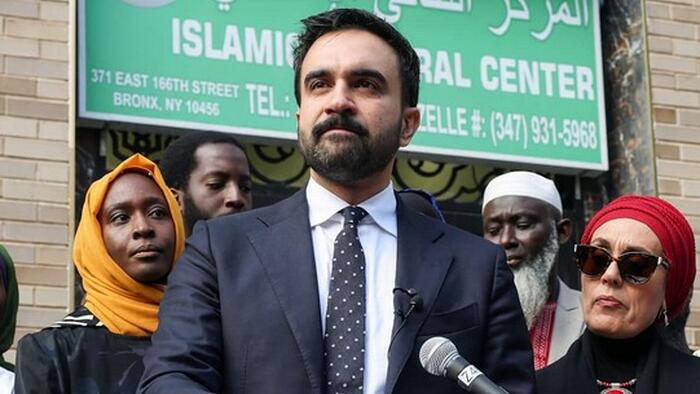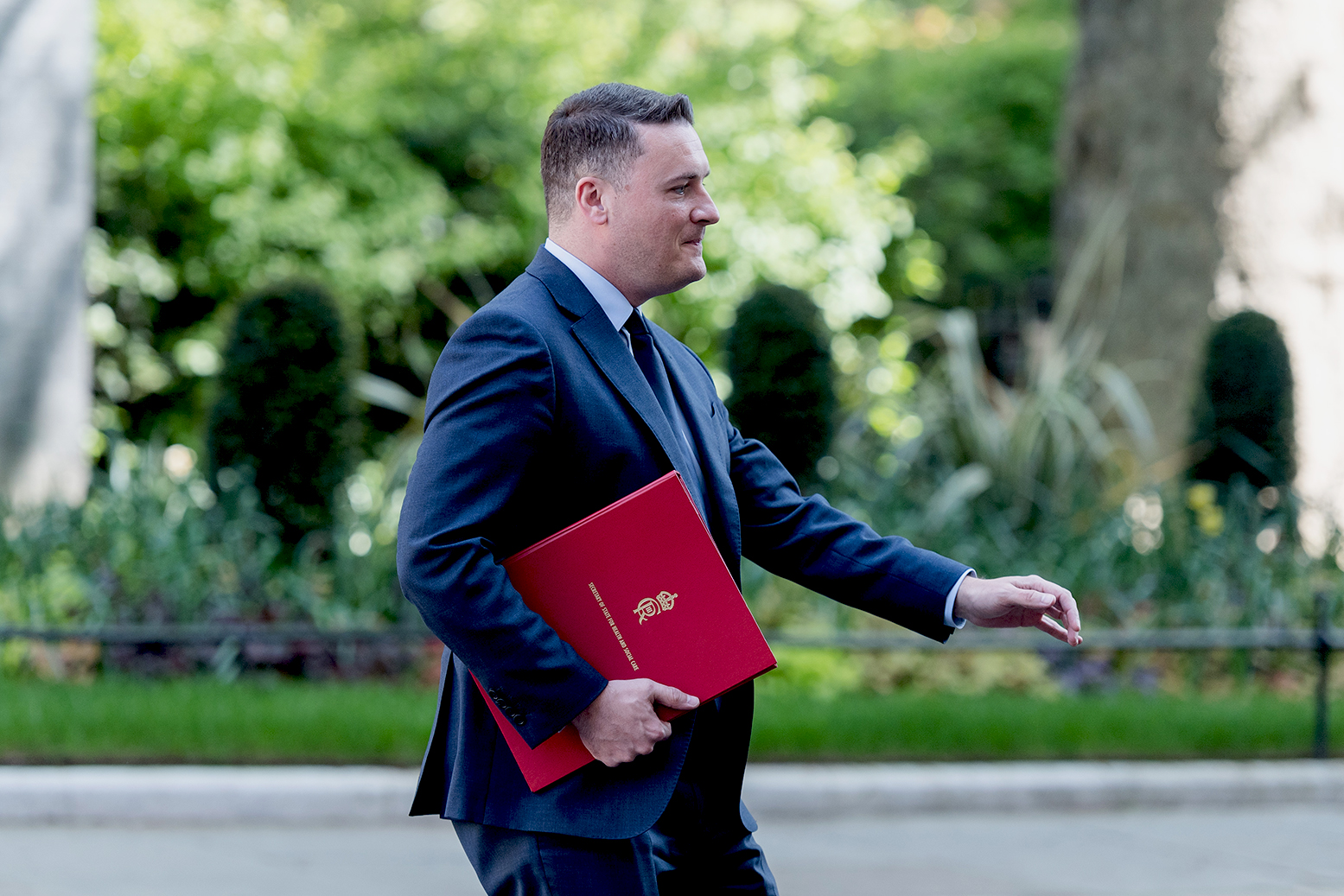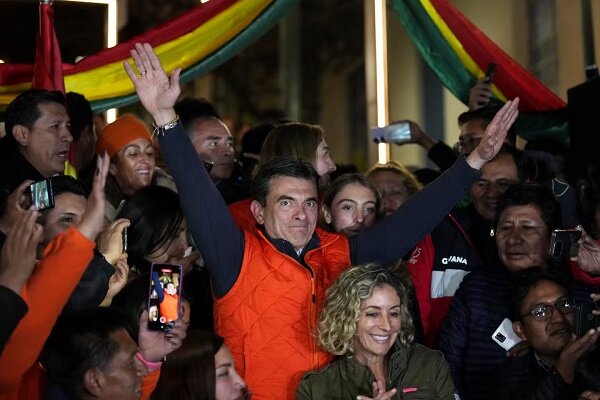Copyright The Boston Globe

That moralization of prejudice has precedent. A century and a quarter ago, another handsome, eloquent populist harnessed resentment toward Jews in a different great city. Karl Lueger, Vienna’s reforming mayor from 1897 to 1910, was urbane and witty, a modernizer whose genteel antisemitism lent hatred an air of civic virtue. He didn’t invent Jew-hatred, but he made it fashionable — and in doing so, he taught his society to mistake bigotry for moral clarity. He had already shown how powerful that formula could be two years before becoming mayor. On Election Day in Vienna in 1895, Lueger, then the popular leader of Austria’s Christian Social Party, made an appearance at a polling station. Among those in the crowd was Theodor Herzl, a journalist for the Neue Freie Presse, one of Vienna’s most distinguished newspapers. Lueger’s party was unabashedly antisemitic, and Herzl, who had developed a keen interest in antisemitism while covering the trial of Alfred Dreyfus in Paris a year earlier, described the euphoria with which the politician was greeted: “Wild cheering; women waving white kerchiefs from the windows,” he recorded in his diary. “The police held the people back. A man next to me said with loving fervor: ‘That is our Führer.’ More than all the declamation and abuse, these few words told me how deeply antisemitism is rooted in the heart of the people.” Vienna in those years was one of the world’s great Jewish centers. Roughly 9 percent of its population was Jewish, and Jews were deeply woven into the city’s cultural and economic life. It was in Vienna that Sigmund Freud probed the human mind, Gustav Mahler conducted the Philharmonic, and Arthur Schnitzler wrote some of the first great Modernist plays. Yet beneath that brilliance ran currents of envy and resentment, which Lueger learned to exploit. Lueger’s Christian Socials went on to win control of Vienna’s government that year, but Emperor Franz Joseph — alarmed by their antisemitism — refused for nearly two years to confirm Lueger as mayor. Only in 1897 did the emperor relent, and Lueger formally take office. As mayor, he modernized Vienna’s public services and beautified the capital. But he also normalized Jew-baiting, elevating open contempt for Jews into a mark of civic virtue and sophistication. He mocked the Hungarian capital as “Judapest,” barred Jews from serving in the municipal administration, and maligned the Social Democrats as the tools of Jews and anti-Christian subversives. He smeared Jews as “specialists in vile profits,” “the people who murdered God,” and “expropriators of the native population.” Blending populism, moralism, and grievance, “Handsome Karl” made antisemitism not just respectable but politically potent — even exhilarating. One historian summarized his achievement: Lueger “developed a xenophobic and antisemitic cultural code that gave his supporters a sense of identity.” The parallel isn’t in personalities or policies but in the cultural mood. Lueger flourished when genteel society learned to moralize its prejudices. Mamdani rises in an era when anti-Zionism plays a similar role — a language of conscience that too easily curdles into contempt. Mamdani has said explicitly that opposition to Israel was the issue that first drew him into politics. Speaking to a Young Democratic Socialists of America conference in 2021, he recalled his campaign as a Bowdoin College undergraduate to shut down study-abroad programs to Israeli universities. It was, he said, a way of “bringing the issue of Israel/Palestine/apartheid to Bowdoin — to make it front and center, harder to ignore.” As a candidate for mayor, he has never disowned that record. He remains proud of founding a chapter of Students for Justice in Palestine, an organization notorious for its anti-Israel zealotry and its role in turning many campuses into hostile environments for Jewish students. He has refused to recognize Israel’s right to exist as a Jewish state and has defended the phrase “globalize the intifada” — widely understood as a call for violence against Jews — even as Jews, who make up 10 percent of New York City’s population, were targeted in a majority of hate crimes last year. In Vienna at the turn of the 20th century, Lueger’s antisemitism was a political asset, not a liability. He and his admirers insisted he wasn’t motivated by hate but by love — love for Vienna, for the working man, for “true Christian values.” On today’s progressive left, anti-Zionists insist just as heatedly that they are not haters of Jews — that it is only “occupation,” “settler colonialism,” and “genocide” they abhor. The vocabulary changes, but the pattern endures: prejudice disguised as principle, animus moralized as virtue. As recently as a decade ago, it would have been unthinkable that a politician with Mamdani’s radical record could be elected mayor of New York. But the cultural current has shifted. On the activist left, hostility to Israel now signals moral enlightenment. Mamdani didn’t have to make anti-Zionism the centerpiece of his campaign; it had already become an accepted credential. Even before Oct. 7, 2023, antisemitism had been seeping back into American life. The past two years have made it sickeningly clear that the postwar taboo on open Jew-hatred has collapsed, especially among the young. What’s most disturbing about the New York race is not that Mamdani has made Israel or Jews the centerpiece of his campaign — he has not — but that his long record of anti-Zionist agitation no longer raises eyebrows. Vienna’s tragedy began when antisemitism stopped shocking polite society. A century and a quarter later, can the most cosmopolitan city in the world be sure it’s immune to the same corrosion?



